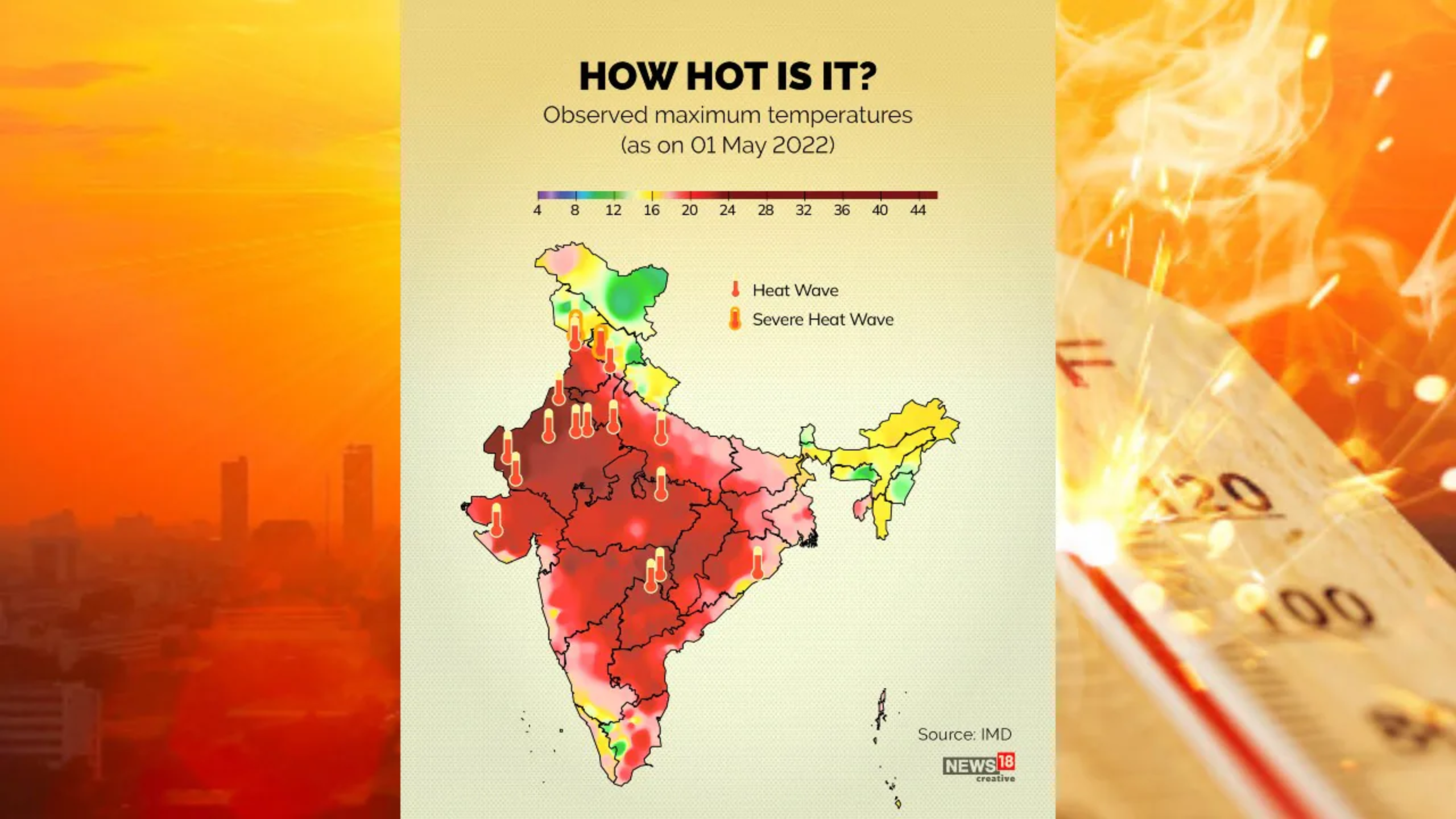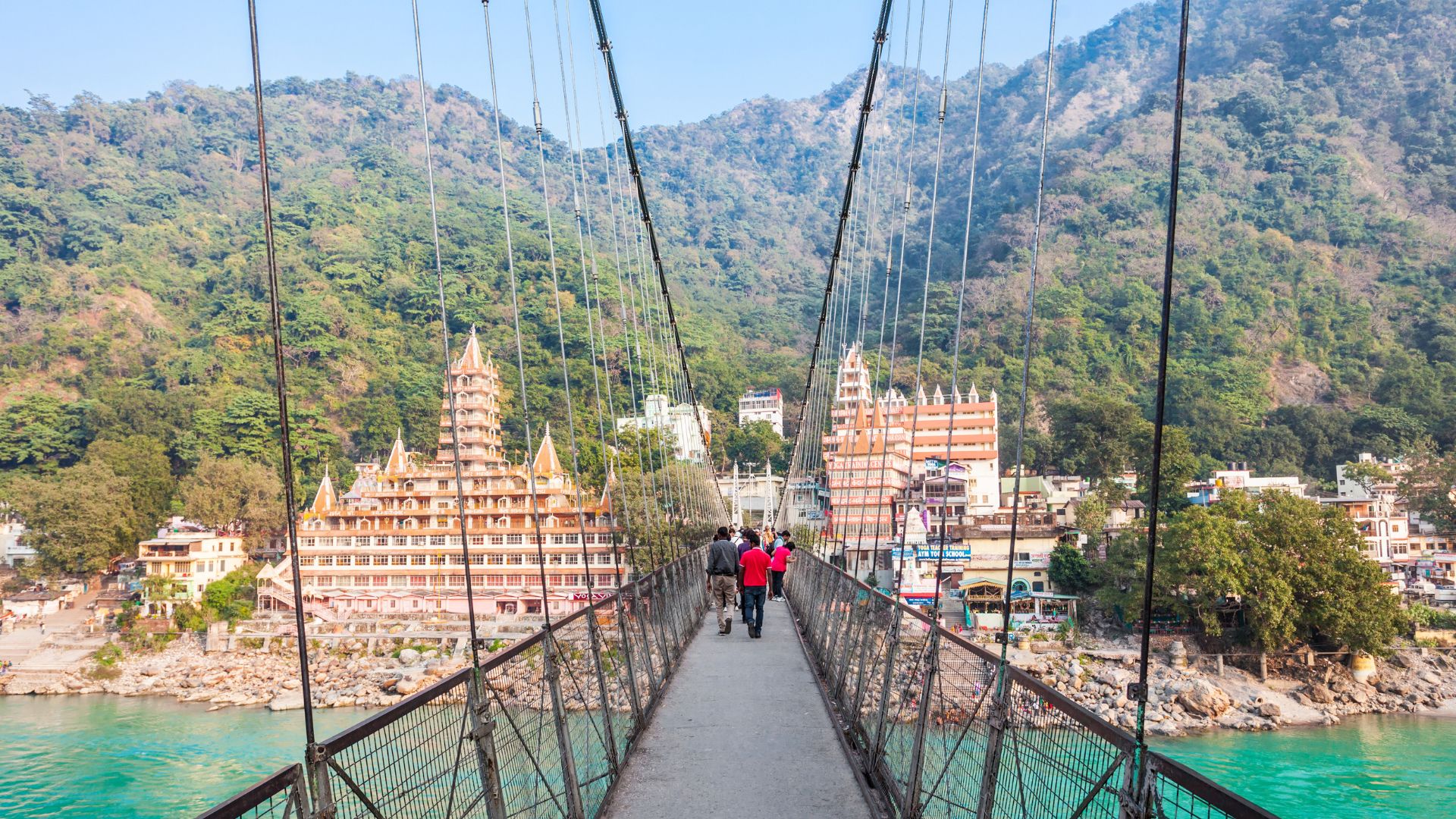










A new study published in Global Change Biology by Arizona State University researchers estimates that between 1990 and 2020, more than 1.1 million sea turtles would have been illegally killed and, in some cases, trafficked. Despite regulations prohibiting their capture and use, up to 44,000 sea turtles have been exploited yearly over the past 10 years in 65 countries or territories and 44 of the 58 main sea turtle populations globally.
The data, which surprised the researchers, shows a 28% decline in illegal sea turtle exploitation over the preceding ten years, despite the apparent high number of turtles being poached. Initial predictions were for a general increase in reported poaching.
“The decline over the past decade could be due to increased protective legislation and enhanced conservation efforts, coupled with an increase in awareness of the problem or changing local norms and traditions”, says Kayla Burgher, co-first author of the study and doctoral student in ASU’s environmental life sciences program.
The researchers found that, in addition to the minor decline, the majority of the illegal exploitation that had been documented over the preceding 10 years occurred in large, stable, and genetically diverse sea turtle populations.
The study’s co-first author and assistant research professor at Arizona State University’s School for the Future of Innovation in Society, Jesse Senko, believes that this result might be advantageous considering the substantial number of turtles that are subjected to illegal mistreatment. With a few exceptions, this suggests that the bulk of the main sea turtle populations found across the world’s seas are probably not being considerably negatively impacted by the current levels of illegal exploitation. Most of these sea turtles are from populations that are safe and healthy.
According to Senko, the results should be carefully considered. The taking and trade of sea turtles is no exception to the rule that it is difficult to evaluate illegal behaviour, especially when it is organised or connected to criminal groups. Additionally, Senko claims that we excluded eggs and turtle-related items like bracelets and earrings made from sea turtle shells that couldn’t be properly connected to particular turtles from our analysis.
Read more: India’s Finance Minister says importing Russian oil part of inflation management









